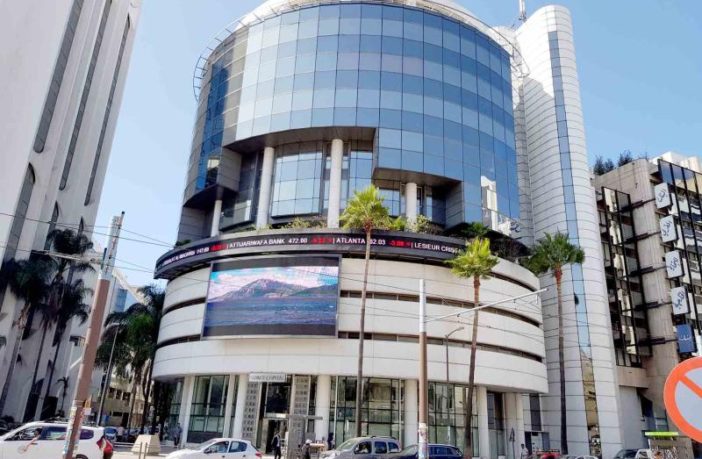The decline in money transfers by Moroccans Residing Abroad (MRE) at the end of July took a toll on FDI.
Foreign direct investments in Morocco declined 17.2% at the end of July compared to the same period last year, raising questions about the country’s investment attractiveness.
Foreign direct investments (FDI) totalled 10.5 billion Moroccan dirhams ($1.5 billion) at the end of July against 12.7 billion dirhams ($1.8 billion) for the same period in 2018 because of a 16% increase in FDI expenditures and a 4.7% decrease in revenues, the Office des Changes reported.
Morocco is the fourth most attractive destination for foreign investors in the Middle East and North Africa, a report of the Arab Investment and Export Credit Guarantee Corporation for the year 2019 stated.
Most FDI in Morocco is from the European Union, which is going through an economic slowdown related to the US-China trade dispute and Brexit uncertainty that could lead the European continent into economic recession.
Experts said the Moroccan government must significantly improve the country’s international attractiveness and competitiveness and offer a favourable business environment to foreign companies to be the leading destination for FDI in the MENA region.
Financial expert Lotfi Abourizk said the Moroccan investment model began to slow despite political stability and a strategic location. “Morocco has to turn now to European Standard models to hope to see foreign investments resume their momentum in the country,” he said. “It is also understood that administrative slowness besides the meagre tax benefits are also hampering foreign direct investments.”
The decline in money transfers by Moroccans Residing Abroad (MRE) at the end of July, estimated at 1% compared to the same period last year, also took a toll on FDI in Morocco.
MREs are investing in European countries such as Spain and Portugal, especially in the tourism sector because of the competitive prices, unlike in Morocco, where the sector is offering “unaffordable” prices in the most-sought tourist spots.
The European Union and Rabat last June established the European External Investment Plan in Morocco to allow for a better business environment and to boost economic development.
“The European External Investment Plan will help leverage significant private funds into key sectors of Morocco’s economy. The plan will in turn empower local entrepreneurs and create jobs in the country,” said Johannes Hahn, commissioner for Enlargement Negotiations and European Neighbourhood Policy.
“This new and innovative approach will also help carry out big sustainable development projects, which otherwise would not have been possible at all or would have been significantly smaller.”
The flow of Morocco’s overseas direct investments (IDME) rose 3 billion dirhams ($297 million) to 5.6 billion dirhams ($564 million) in 2019, against 2.7 billion dirhams ($267 million) a year earlier, the Office des Changes said.
The rise in IDME was explained by Morocco’s increasing investments in key sectors such as telecommunication and banking in Africa as part of Rabat’s south-south cooperation strategy.
More Moroccan companies are investing in the emerging African market despite the geopolitical risks.
“It must be kept in mind that Africa is not a land of investment regulated like a Swiss watch in the sense that the continent presents hazards that often have to be dealt with,” Hicham Boudraa, acting director general of the Moroccan Agency for Investment and Export Development, told La Nouvelle Tribune.
Written BySaad Guerraoui
Saad Guerraoui is a regular contributor to The Arab Weekly on Maghreb issues.







